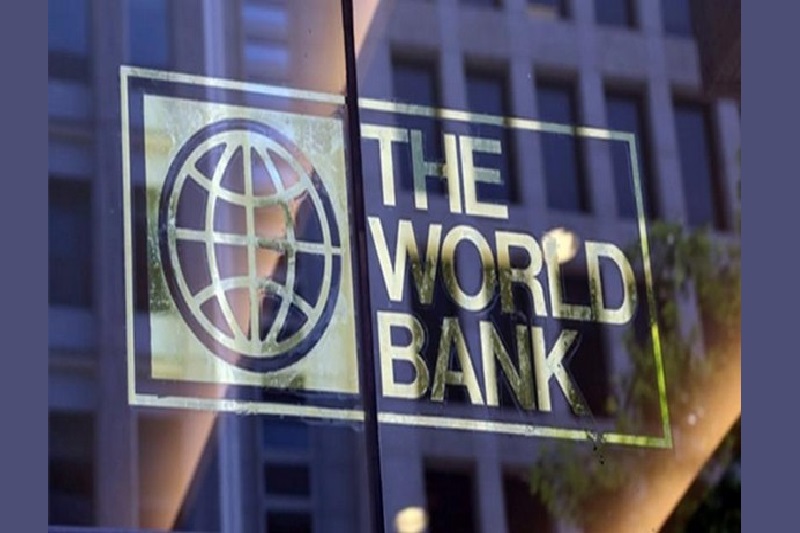

The recent regime change in Afghanistan after the Taliban takeover in August 2021 has not only affected the economy and also the welfare of the Afghan people, the World Bank said in its recent report of “Women, Business and the Law 2023,” according to ToloNews.
Afghanistan was one of the 11 economies with the lowest rankings for Women, Business, and Law in the World Bank’s most recent assessment.
The World Bank claims that violent conflicts and high levels of institutional and social fragility have an impact on the quality of institutions and policies, particularly the ability of governments to implement reforms.
“Out of 27 low-income economies examined, 11 economies with the lowest Women, Business and the Law scores are also fragile and conflict-affected situations, consisting of Afghanistan, Chad, Eritrea, Guinea-Bissau, Mali, Niger, Somalia, South Sudan, Sudan, the Syrian Arab Republic, and the Republic of Yemen,” the report said, according to TOLOnews.
According to the study, the Afghan “Taliban administration” issued decrees and directives that restricted women’s freedom of movement and employment opportunities.
“The recent regime change in the country has negatively affected both the economy and the welfare of the Afghan people, in particular, women and girls,” the report noted.
The final count of changes widening the legal gender gap in Afghanistan is based solely on what is discernible in writing, according to the report, “given the uncertainty over the applicable legal framework in Afghanistan and because unwritten rules are not considered under the Women, Business and the Law methodology.
According to several Afghan women business owners, women are playing a critical role in the country’s economy and economic climate, reported TOLOnews.
“The people’s economy is fragile. They look at things and decide, but they cannot afford it. Because they are manufactured by hand, the handcrafted goods are pricey,” according to female entrepreneur Lailuma.
“We should be encouraged, and the projects should be given to us. This is not good that the projects be only provided to the men, it should be also given to the women as well. We should not look down on women and should support them financially,” said Sonia, another female entrepreneur.
Taliban has imposed draconian restrictions on the rights to freedom of expression, association, assembly, and movement for women and girls.
Not only this, Taliban leaders have also disregarded international calls for women and girls to be given access to education and employment. Apparently, they have also issued warnings to other nations not to meddle in Afghanistan’s domestic affairs.
The Taliban have barred girls from attending secondary school, restricted women and girls’ freedom of movement, excluded women from most areas of the workforce and banned women from using parks, gyms and public bath houses.